You don't need to like every episode of 'Doctor Who'. In fact, it's probably a good thing if you don't
If the perennially versatile 'Doctor Who' isn't a mixed bag, it isn't fulfilling its true potential.

If you don't live in the UK, you may be surprised how big a part of the culture "Doctor Who" is. It's much more than some sci-fi show about "a mad man [or woman] in a box", but rather a sexagenarian cultural icon so embedded in the British national consciousness that even people who'd never dream of tuning into such far-fetched nonsense have a rough idea what it's about.
Describe a room as "TARDIS-like" and pretty much any Brit would understand that it's deceptively roomy. They'd also recognise a Dalek, know that they like screaming "Exterminate!", and may even recycle an old gag about stairs disrupting their plans for world domination. (Fans are easy to spot, of course, because they'll instantly tell you Daleks have been capable of flight for years.)
Since its 2005 revival, "Doctor Who" has been a staple of primetime, occupying similar slots to "Strictly Come Dancing" (aka "Dancing with the Stars") on BBC One. Speculation over the next incarnation of the Doctor can be as fevered as the hunt for the next James Bond — a special live TV show was broadcast in 2013 simply to announce Peter Capaldi's casting. British tabloids, meanwhile, get more exorcised about "Doctor Who"'s ratings and perceived "woke agenda" than pretty much any show on the box.
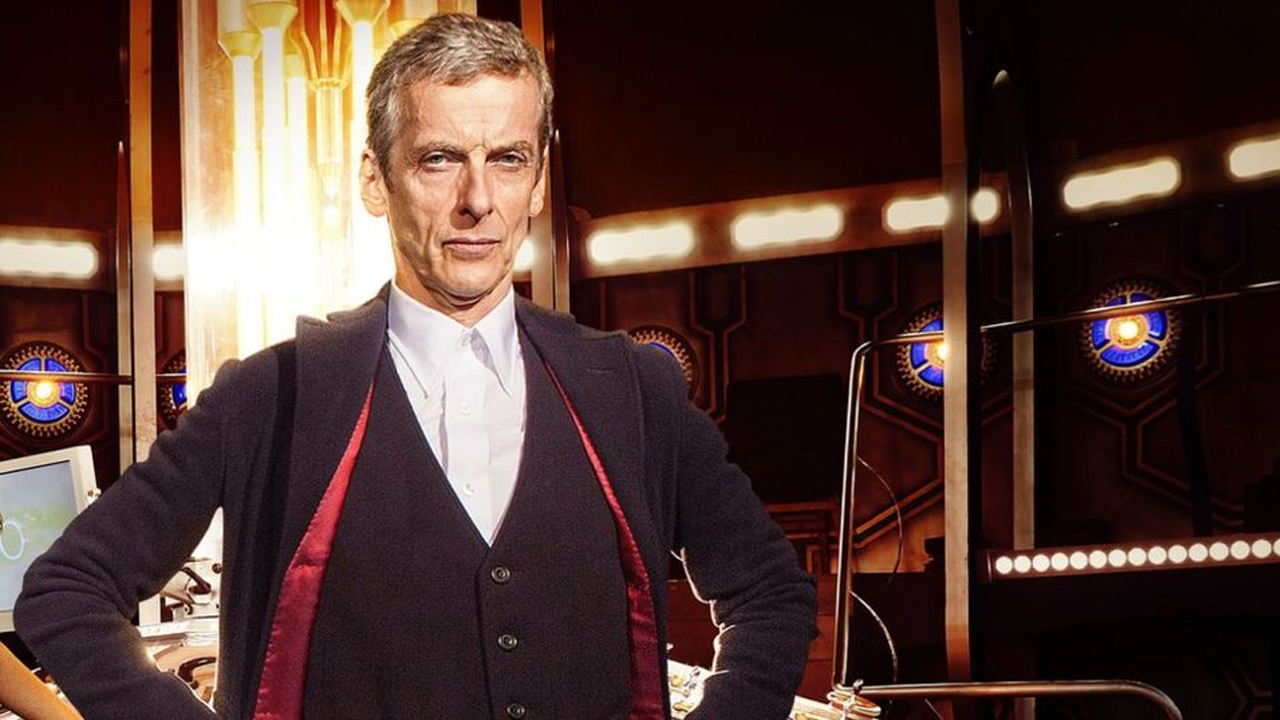
Even before everyone had an opinion about everything on social media, Whovians were finding ways to share their thoughts about the latest happenings in the TARDIS, whether by joining fan groups, heading to conventions or writing to magazines. In short people care about "Doctor Who" in ways they do about few other shows.
There's a flip side to this national obsession, however. Just as classic episodes are universally lauded, less popular adventures can be slated. Some fans still pine for the classic series, cancelled after 26 years back in 1989 — "it's not as good as it used to be…" — even though new "Who" has now racked up two decades of its own. Others even have a soft spot for the (mostly derided) 1996 TV movie starring Paul McGann.
Indeed, it's notable that if you get a group of fans together in a room, you'll get wildly varying opinions on what's good and what's not. That's the beauty of a show that can regenerate into a whole new form every week, because if you love every single episode, "Doctor Who" is probably doing something wrong.
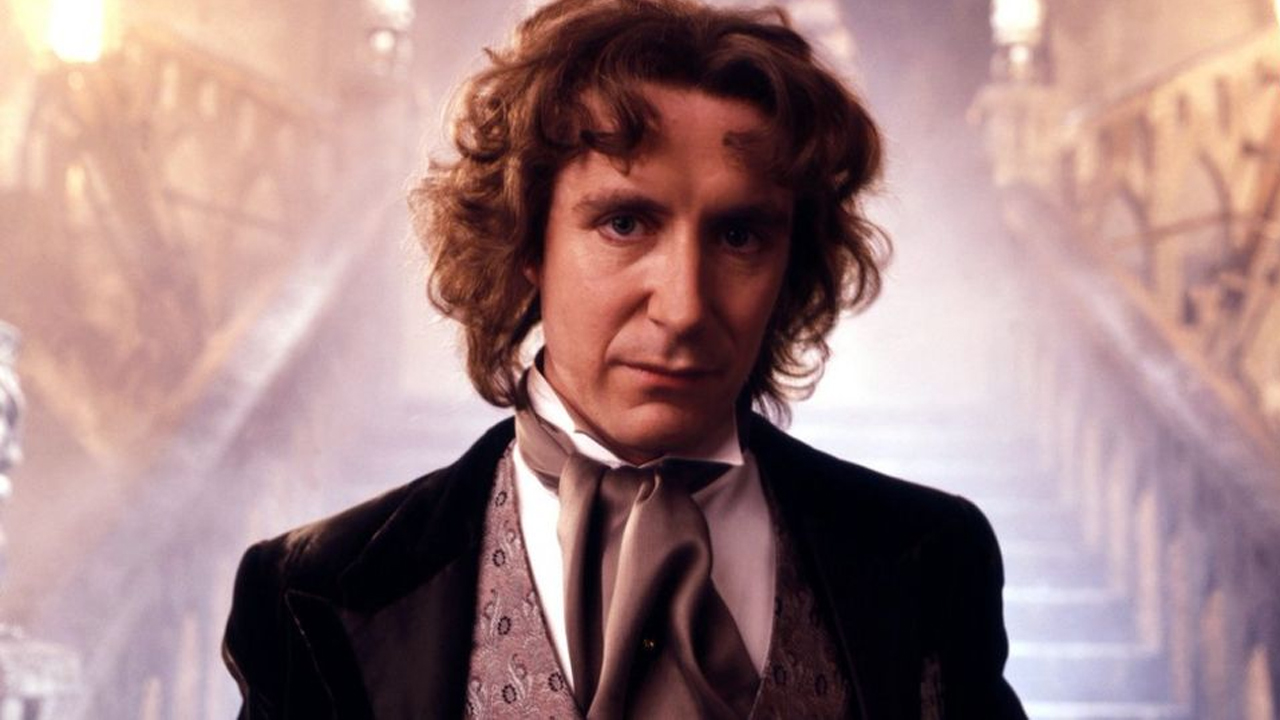
There's an obvious reason "Doctor Who" is still part of the cultural conversation 62 years after an old man first took his blue police box on an adventure through space and time. Like fellow product of the '60s "Star Trek", it's one of the most versatile formats ever conceived, essentially a "Twilight Zone"/"Black Mirror"-style anthology show that just happens to focus on the same character every week. It's even got an ingenious in-universe mechanism for replacing its star every few years.
Get the Space.com Newsletter
Breaking space news, the latest updates on rocket launches, skywatching events and more!
In the blink of an eye you can move from real-world historical figures to alien worlds in the distant future. Every genre imaginable — horror, comedy, romance, satire — can be part of the equation and still fundamentally be "Doctor Who". Six decades (and counting) of canon also means there's plenty of lore to fall back on.
The eight episodes of Ncuti Gatwa's first season as the Doctor proved how impossible it is to define the series. Where else would you encounter talking babies, the Beatles, an anti-war parable, folk horror, social media satire, "Bridgerton" cosplay and an ancient Egyptian god who wants to destroy the universe? In just a matter of weeks?
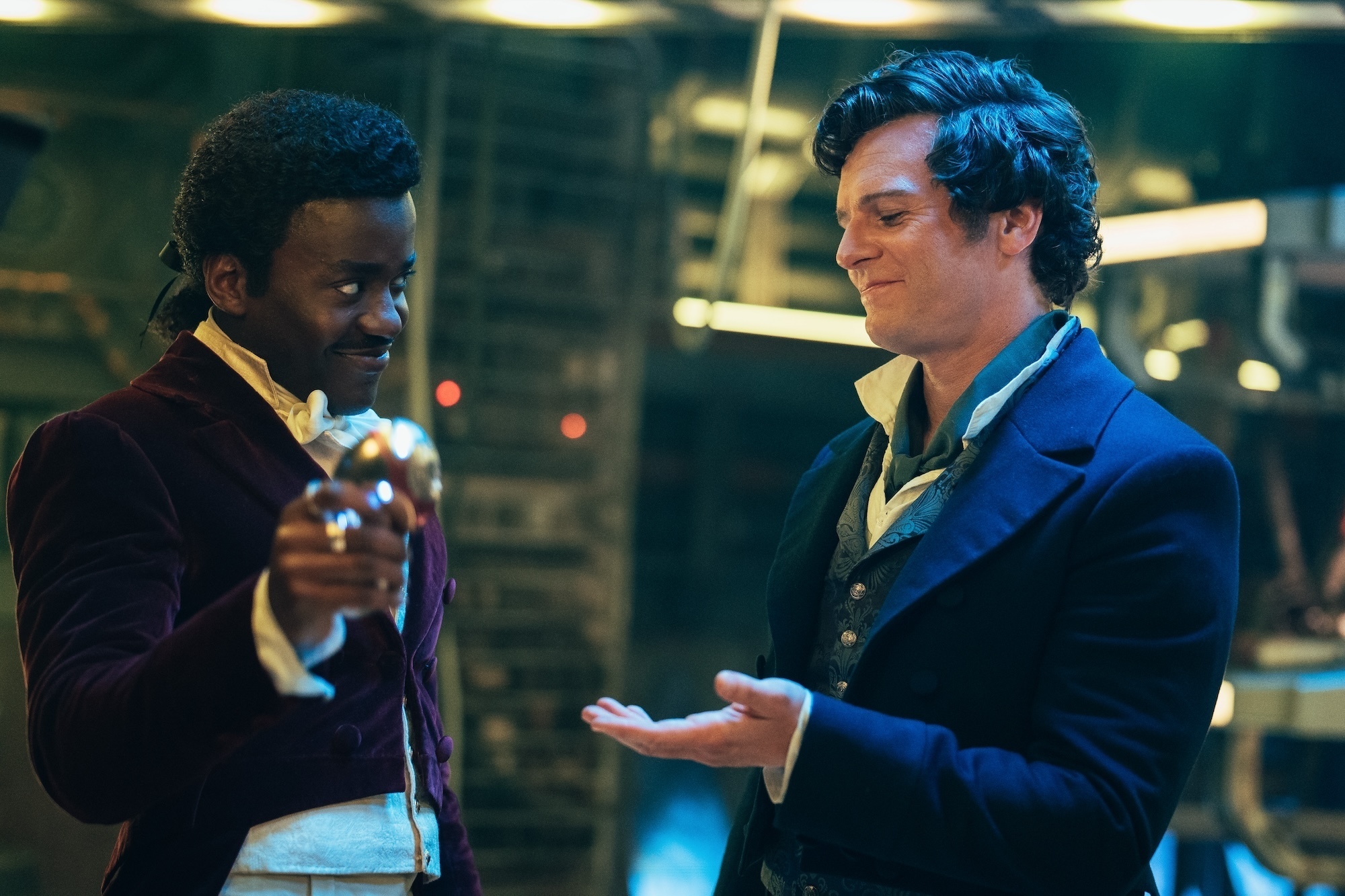
Older fans who loved the creepy vibe of "73 Yards" — in which companion Ruby Sunday (Millie Gibson) is stalked by a ghostly woman who spreads fear — probably weren't quite so enamoured by the precocious sprogs of "Space Babies", and vice versa. At its best, "Doctor Who" caters for every fan by accepting it can't cater for every fan all the time.
"73 Yards" also joined a pantheon of classic episodes that have sidestepped the closest thing the show has to a formula — the Doctor and travelling companion(s) stepping outside the TARDIS, identifying a problem and sorting it out — to memorable results. In fact, with Gatwa busy wrapping up "Sex Education" during the shoot, "73 Yards" barely features the Doctor at all.
The universally adored "The Girl in the Fireplace", "Blink", "Turn Left" and "Heaven Sent" have all taken similarly big swings, and won. And while the likes of "Love and Monsters", "Kill the Moon" and "The Timeless Children" have all gambled and proved more (shall we say) divisive among the fandom, surely that's a risk worth taking if there's a chance of creating an all-time classic?
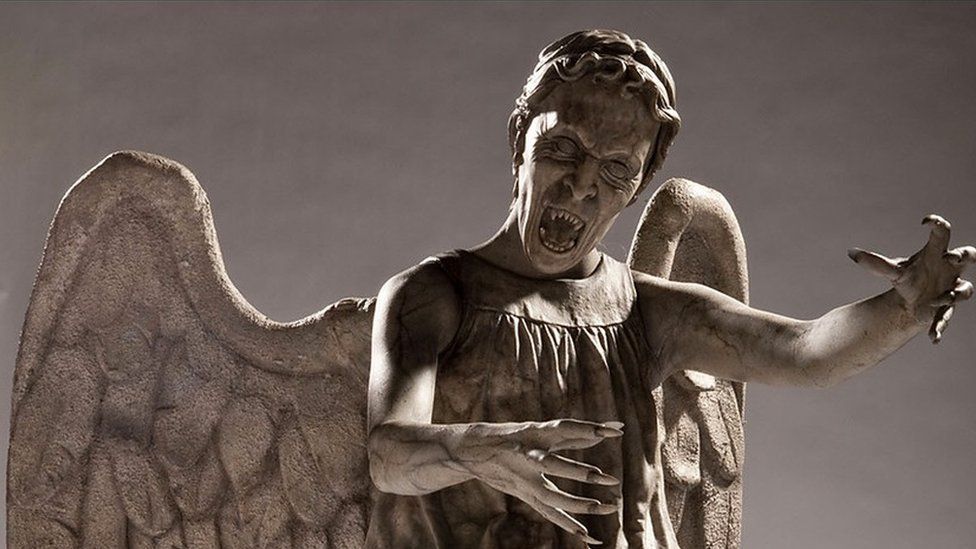
Besides, "Doctor Who" tends to own its missteps, the 1996 movie's decision to make the Doctor "half human on his mother's side" being one of the few bits of canon subject to a "let's never speak of this again" omertà. The show continually evolved with the times, most notably for that 2005 revival when showrunner Russell T Davies realised that what had worked during Tom Baker's glory years in the 1970s wasn't going to fly in the 21st century. Performing a de facto remake of show's mythology before gradually bringing Daleks, Time Lords, Cybermen, the Master and the other Doctor Who villains back into the mix was a masterstroke.
And if you don't like a particular era of the show, you can rest assured that the next Doctor/sidekick/showrunner (delete as appropriate) will change the TARDIS dynamics considerably — new Doctor Who companion Belinda Chandra (Varada Sethu) seems set to have a very different relationship to the Doctor than her predecessor, Ruby.
So don't worry if you don't like the new season opener, or even the first three episodes. As with Forrest Gump's infamous box of chocolates, you never know what you're going to get, and that's a rare and wonderful thing — even if you have to put up with the occasional hazelnut whirl.
The new season of "Doctor Who" streams on BBC iPlayer in the UK and Disney+ in the US from Saturday, April 12. Check out how to watch Doctor Who season 2 streaming guide for more information.
Join our Space Forums to keep talking space on the latest missions, night sky and more! And if you have a news tip, correction or comment, let us know at: community@space.com.
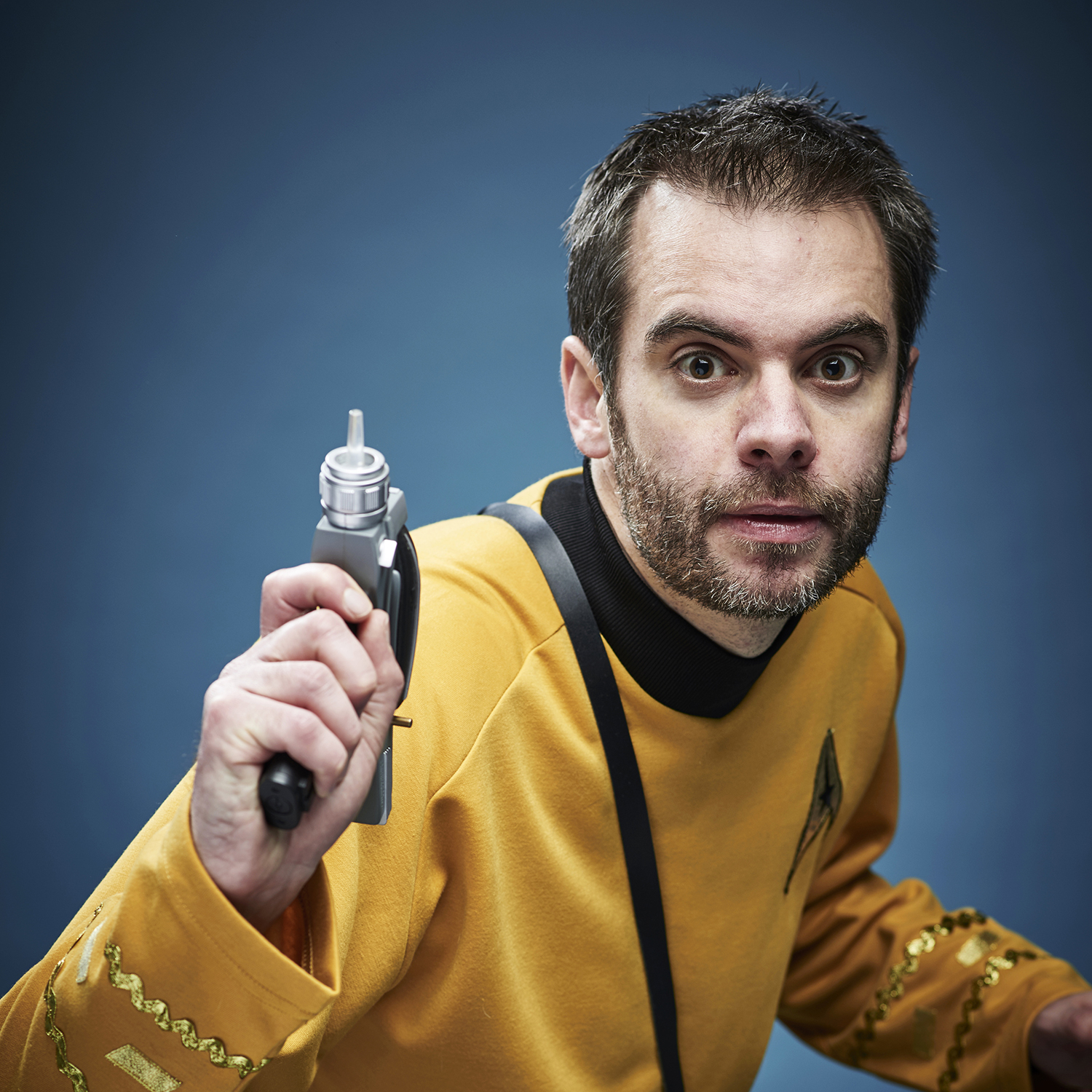
Richard's love affair with outer space started when he saw the original "Star Wars" on TV aged four, and he spent much of the ’90s watching "Star Trek”, "Babylon 5” and “The X-Files" with his mum. After studying physics at university, he became a journalist, swapped science fact for science fiction, and hit the jackpot when he joined the team at SFX, the UK's biggest sci-fi and fantasy magazine. He liked it so much he stayed there for 12 years, four of them as editor.
He's since gone freelance and passes his time writing about "Star Wars", "Star Trek" and superheroes for the likes of SFX, Total Film, TechRadar and GamesRadar+. He has met five Doctors, two Starfleet captains and one Luke Skywalker, and once sat in the cockpit of "Red Dwarf"'s Starbug.
You must confirm your public display name before commenting
Please logout and then login again, you will then be prompted to enter your display name.









